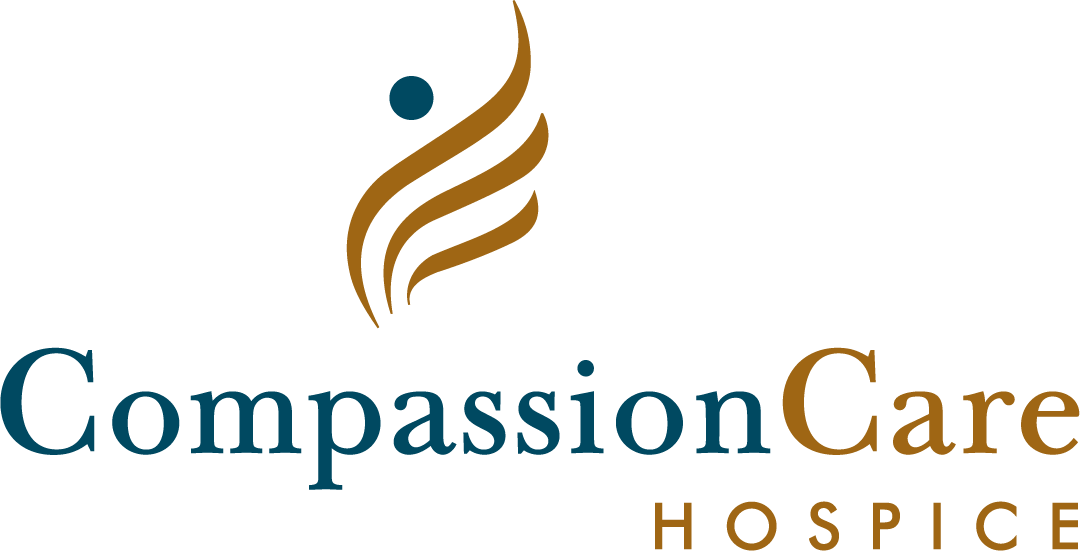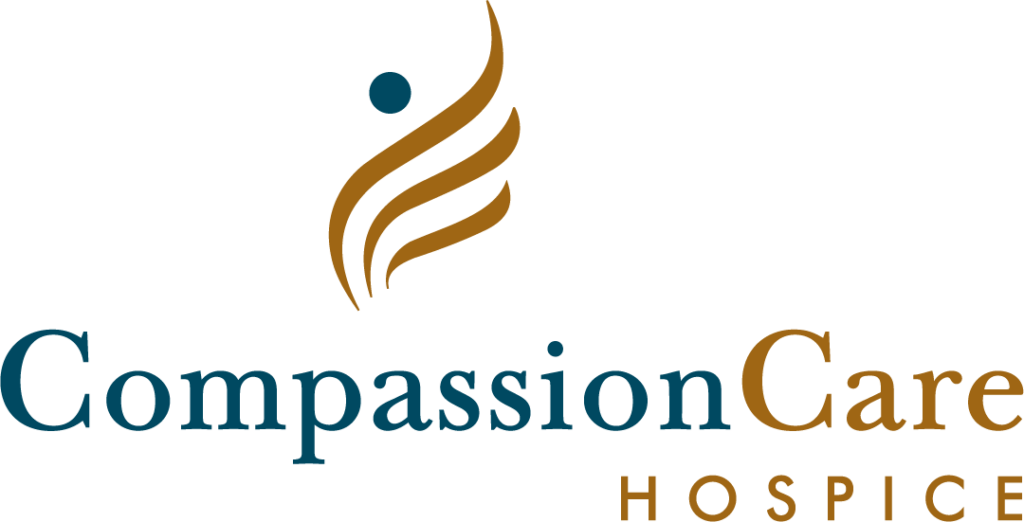COVID-19 and Guilt
By: Michael Larrimore, Director of Bereavement and Chaplain Services
u201cGuilt is perhaps the most painful companion of death.u201d
-Coco Chanel
Feelings of Anger and Guilt
Anger can be a common emotion we experience when we have lost someone close to us. We seek someone to blame or someone to hold responsible, someone who could have altered fate to erase what happened, and sometimes our target is the person looking back at us in the mirror. Guilt is a form of anger turned inward, and it can be one of the most challenging emotions to overcome. We look back on the time proceeding our loss, searching for something we missed, what we could have done differently, or ways we could have convinced our loved one to seek out a different course of action. Sometimes we look back and wish we had said something that we kept inside or kept something inside we regret saying.
The Impact of COVID-19 on Guilt
Guilt is complex, and since the beginning of the COVD-19 pandemic it is more pervasive than ever. We might feel guilty because we were unable to visit a loved one during their final days, even if this was a result of precautions or restrictions outside the realm of our control. We might feel guilty for not taking the threat as seriously as we should have, ignoring or forgetting to take the appropriate precautions. Maybe we feel guilty we survived the virus when so many others, including people we knew or loved, succumbed to this terrible disease. This last form is often referred to as u201csurvivoru2019s guilt,u201d and it can be very common among people who live through difficult or traumatic events. We are often ill-equipped to deal with any loss, but no one was prepared for something as widespread as COVID-19.
Managing Feelings of Guilt
If you, like so many others, are struggling with guilt related to the pandemic, it can be difficult to find a way to shake how you are feeling. Here are a few things to keep in mind when you are trying to deal with your guilt feelings:
u00a0
- Is your guilt genuine or self-inflicted? Our guilt may be genuine if through action or inaction someone came to harm or was affected in a negative way. For many people guilt is self-inflicted, where we are seeking to have some measure of control over a situation that may be outside our control and blaming ourselves is easier than accepting there was nothing that could be done. Many events of the pandemic were outside of our control and acknowledging that can be a good way to start healing.
- It can be important to forgive someone who has wronged us so we can move past it, and we must find a way to have compassion and forgiveness for ourselves and make amends if appropriate. Even if the person we feel we wronged is no longer with us, there are ways to seek forgiveness. We can find support through our personal faith, through loved ones associated with the person who is gone, or even by writing a letter expressing our regrets to the deceased.
- It can be easy to get lost in the negative, but it is necessary to take time to look at the positive things we did or tried to do. Instead of beating yourself up for not being able to spend as much time as we wanted with the person, focus on the efforts you made to stay connected to them. Instead of wishing you could have done more to care for them, focus on all the things you did to help them. When you start to slip back into negative thoughts, try to reframe your thinking to positive memories and encouraging self-messages.
u00a0
The above suggestions are just a few ways to start down the path to forgiving yourself and getting past your feelings of guilt. If you or someone you know is struggling with issues related to COVD-19 or any other difficult life event, there is help and support available in your community. You can call our agency anytime and our family support staff will help get you to the help you need. You can also reach out to the National Alliance on Mental Illness at 800-950-6264 or if you or someone you know is struggling with thoughts of self-harm please contact the National Suicide Prevention Lifeline at 800-273-8255.



